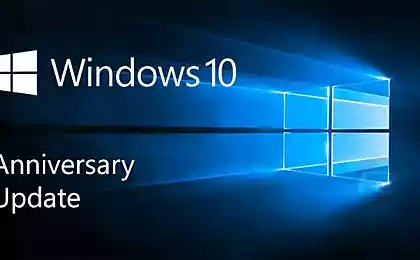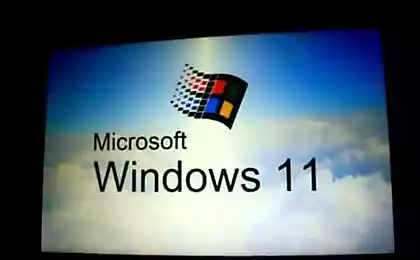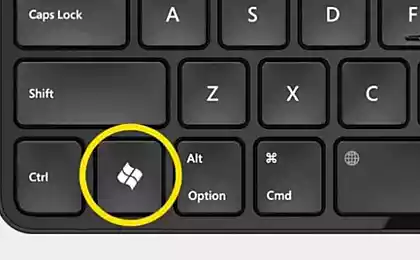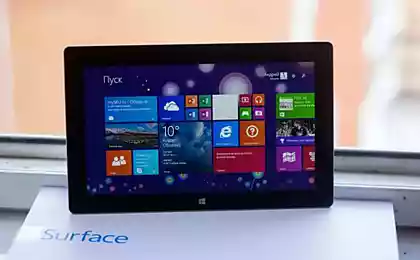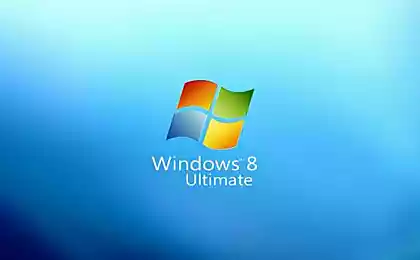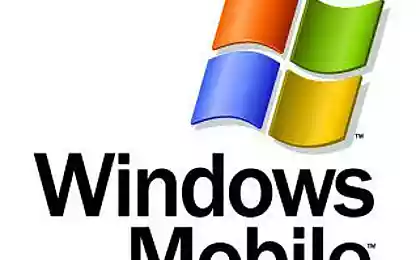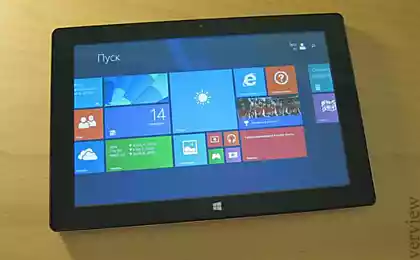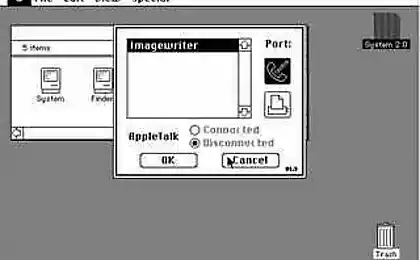991
Munich translated as 15,000 PCs from Windows to Linux

In November 2013 the City Council of Munich завершил long process of migration to free software. The decision to abandon the proprietary and very expensive programs Windows and Microsoft Office was adopted in 2003. After the preparation, planning and personnel retraining city began to systematically transfer offices from Windows NT to own distribution LiMux. The procedure took 10 years.
Munich - one of the first cities in Europe, which is fully switched to free software and thus save millions of euros from the city budget. As of November 2013 cumulative savings budget exceeded 10 million euros, and this figure will continue to grow, because free software requires no annual license fees and pay an OS upgrade.
LiMux brings with it is ready to use desktop environment based on open source software, including free office software OpenOffice, which work with open format Open Document Format (ODF). This format has become the standard for office in the city.
Linux Voice magazine recently published a article ( pdf ), which revealed some details of the transition Munich on open source. About them told Peter Hofmann, head of the project LiMux.

Peter Hofmann in the office of LiMux, the background penguin, all as expected i>
Munich is considered technology leader in Europe on set of 42 criteria for IT innovation, business activity, science and R & D. No wonder that even in 2001, one of the members of the City Council of Munich wondered: is there any alternative software Microsoft?
To answer this question, we have announced a tender to conduct a comparative study of the cost of supporting five different platforms. One of them - the only software Microsoft, the second - Windows and OpenOffice, the third - Linux and OpenOffice, etc.
As a result, there were only two options: either update the system with the Windows NT and 2000 on XP, or install Linux with a set of open source software. It was also found that in the five-year term stay with Windows is cheaper. But activists from the project LiMux managed to convince the authorities that Linux has an advantage in terms of information security. In addition, benefit the local economy: the money will stay in Munich and not sent overseas. Another argument - the stimulation of the local IT market, because the order was carried out by local companies. The initiative was supported policies of influential party SPD.
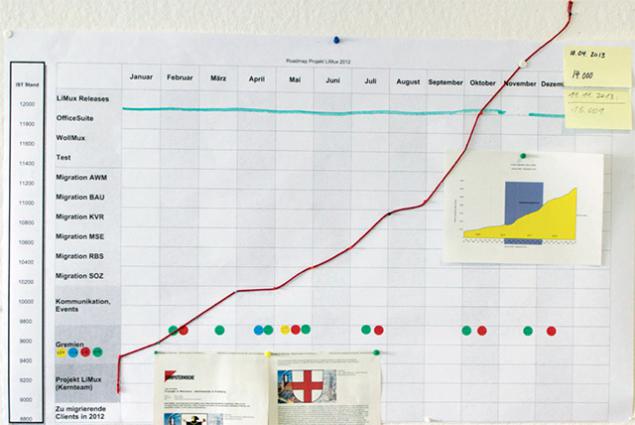
Graph migration from Windows to Linux in 2012, with 9,000 computers at the beginning of the year to 14,000 at the end of the year i>
The City Council decided to move to Linux in 2003. Shortly before the vote found out about it in Microsoft - and the Mayor of Munich for talks urgently flew Steve Ballmer. However, it had the opposite effect. The city administration has decided: who they are, if one important person from the big corporations get them to change the decision?
As a result, the vote took place in favor of Linux, which was a historic event for Linux and all the free software movement.
In 2004 started the preparatory work, including the tender for the development of the desktop version of the system. Participated in the tender of 10 companies, and the winner was a consortium of two small firms and Gonicus Softcon, offering to client software based on Debian.
On the project LiMux then worked 13 people, not counting consultants Gonicus. By 2006, the development of the client software is over - and started to install Linux on the first computer. In 2008, it became clear that to support the new equipment is better to switch to another distro, so Debian changed to Kubuntu.
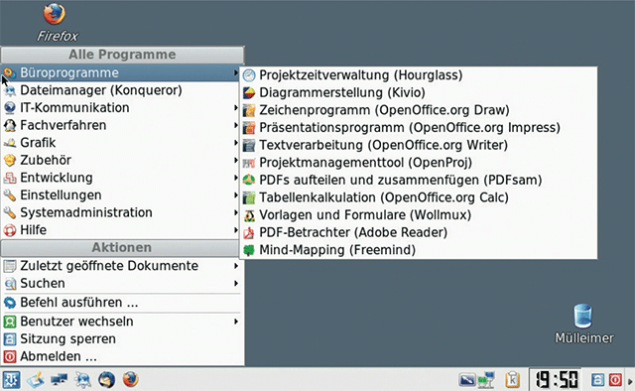
The reason for switching to Kubuntu was more and more familiar in maintaining user desktop environments (KDE). The fact that many users after switching to Linux has been accused in connection with a change in the interface, saying that this is a button used to be green, but now it is not green, I can not work like this. However, there were other people who were not indignant, but rather pleasantly surprised that the mouse works on Linux, says Hofmann.
Now LiMux updated after Kubuntu, albeit belatedly. For example, just this year released a new version LiMux based on Kubuntu 12.04 LTS.
Although this problem is not posed in the first place, but even LiMux project will save money from the city budget. Over the years, the total savings amounted to 10 million euros, according to estimates LiMux.
Unfortunately, other cities for some reason did not follow the example of Munich. For example, a similar project was started Wienux in Vienna (Austria), but blocked the initiative in 2008. Peter Hofmann believes that the reason for the lack of support for the project from politicians - several initiatives techie enough.
Source: habrahabr.ru/post/222511/

